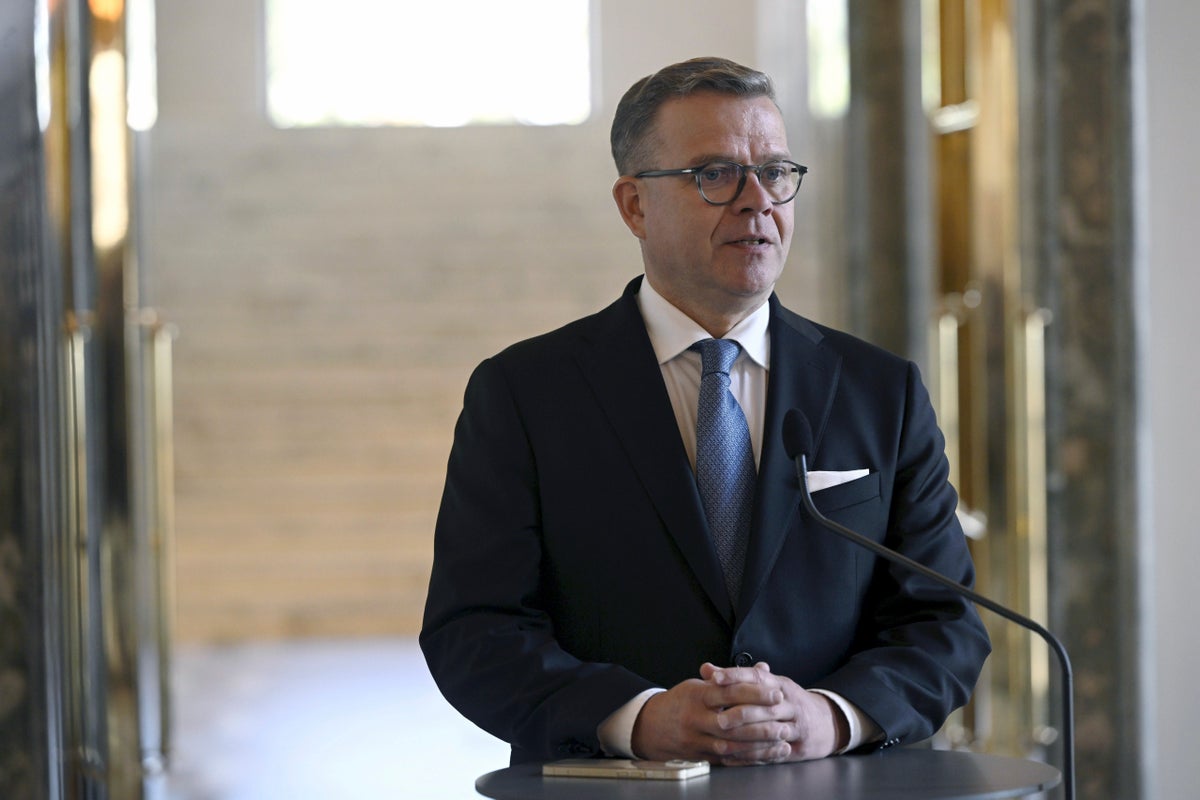
Finland swore in a new coalition government on Tuesday that is seen as the most right-wing in the Nordic country’s modern history.
The 19-member Cabinet of Prime Minister Petteri Orpo, the leader of the conservative National Coalition Party, was approved by the Eduskunta legislature, after which President Sauli Niinistö appointed it.
Following lengthy talks over seven weeks, the NCP, which won the most seats in the April 2 general election, announced a deal last Friday with three other parties to form a governing coalition that includes the far-right euro-skeptic Finns Party, which follows a largely nationalist and anti-immigration agenda.
The two junior partners in the coalition are the Christian Democrats and the Swedish People’s Party of Finland.
Due to the dominance of the two senior coalition partners, which are conservative and populist, Finnish media describe Orpo’s government as “national conservative” in nature.
Political analysts say the new Cabinet is Finland’s most right-wing government since World War II.
Orpo, a 53-year-old veteran politician, is a former finance and interior minister and has headed the NCP, Finland’s main conservative party, since 2016.
Other key NCP ministers include Elina Valtonen as Finland’s second female foreign minister and NCP vice chair Antti Häkkänen as defense minister.
Häkkänen’s post is particularly significant since Finland became NATO’s 31st member in April and the country of 5.5 million that neighbors Russia is in the process of integrating its military systems and infrastructure into the alliance.
The populist Finns Party, runner-up in the parliamentary election, has the important finance minister portfolio, held by party leader Riikka Purra, and the interior and justice minister posts.
Orpo’s Cabinet is set to carry out major social policy and labor reforms and budget cuts over the next four years.
Among other things, it seeks to substantially decrease Finland’s government debt and is taking a hard stance on immigration, including tightening the requirements for residence permits and citizenship.
The four parties hold a majority of 108 seats in the 200-member Parliament.







